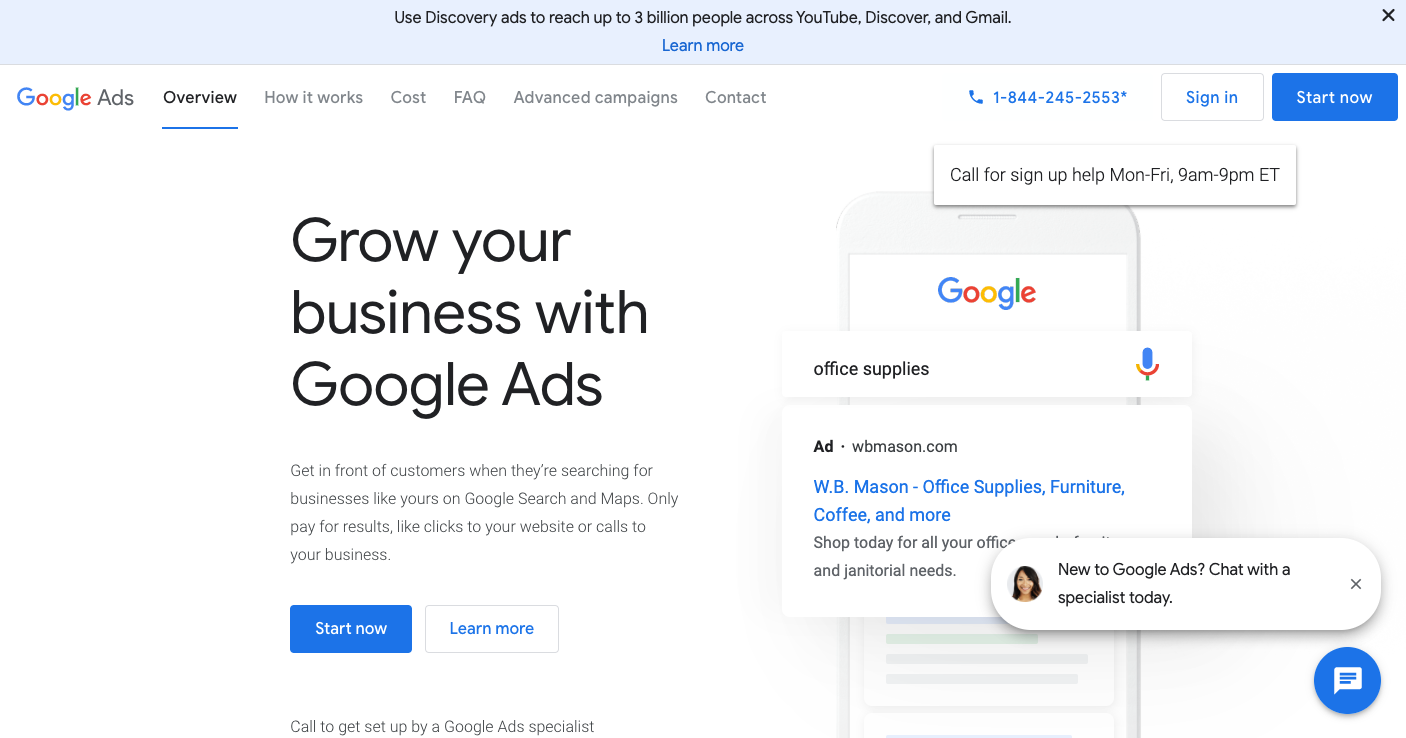Google Warns Against Over-Reliance On SEO Tool Metrics via @sejournal, @MattGSouthern
Google's John Mueller says don't obsess over SEO tool numbers. Instead, make great content people actually want. The post Google Warns Against Over-Reliance On SEO Tool Metrics appeared first on Search Engine Journal.

Google's John Mueller says don't obsess over SEO tool numbers. Instead, make great content people actually want.
Mueller warns against over-relying on third-party SEO metrics. Third-party tools can't access Google data. SEO success requires consistent effort, not quick fixes.
In a recent discussion on Reddit’s r/SEO forum, Google’s Search Advocate, John Mueller, cautioned against relying too heavily on third-party SEO metrics.
His comments came in response to a person’s concerns about dramatic changes in tool measurements and their perceived impact on search performance.
The conversation was sparked by a website owner who reported the following series of events:
A 50% drop in their website’s Domain Authority (DA) score. A surge in spam backlinks, with 75% of all their website’s links acquired in the current year. An increase in spam comments, averaging 30 per day on a site receiving about 150 daily visits. A discrepancy between backlink data shown in different SEO tools.The owner, who claimed never to have purchased links, is concerned about the impact of these spammy links on their site’s performance.
Mueller’s Perspective On Third-Party Metrics
Mueller addressed these concerns by highlighting the limitations of third-party SEO tools and their metrics.
He stated:
“Many SEO tools have their own metrics that are tempting to optimize for (because you see a number), but ultimately, there’s no shortcut.”
He cautioned against implementing quick fixes based on these metrics, describing many of these tactics as “smoke & mirrors.”
Mueller highlighted a crucial point: the metrics provided by SEO tools don’t directly correlate with how search engines evaluate websites.
He noted that actions like using disavow files don’t affect metrics from SEO tools, as these companies don’t have access to Google data.
This highlights the need to understand the sources and limitations of SEO tool data. Their metrics aren’t direct indicators of search engine rankings.
What To Focus On? Value, Not Numbers
Mueller suggested a holistic SEO approach, prioritizing unique value over specific metrics like Domain Authority or spam scores.
He advised:
“If you want to think about the long term, finding ways to add real value that’s unique and wanted by people on the web (together with all the usual SEO best practices as a foundation) is a good target.”
However, Mueller acknowledged that creating unique content isn’t easy, adding:
“Unique doesn’t mean a unique combination of words, but really something that nobody else is providing, and ideally, that others can’t easily provide themselves.
It’s hard, it takes a lot of work, and it can take a lot of time. If it were fast & easy, others would be – and probably are already – doing it and have more practice at it.”
Mueller’s insights encourage us to focus on what really matters: strategies that put users first.
This helps align content with Google’s goals and create lasting benefits.
Key Takeaways
While potentially useful, third-party SEO metrics shouldn’t be the primary focus of optimization efforts. Dramatic changes in these metrics don’t reflect changes in how search engines view your site. Focus on creating unique content rather than chasing tool-based metrics. Understand the limitations and sources of SEO tool dataFeatured Image: JHVEPhoto/Shutterstock
SEJ STAFF Matt G. Southern Senior News Writer at Search Engine Journal
Matt G. Southern, Senior News Writer, has been with Search Engine Journal since 2013. With a bachelor’s degree in communications, ...

 Tfoso
Tfoso 

























.jpg)





